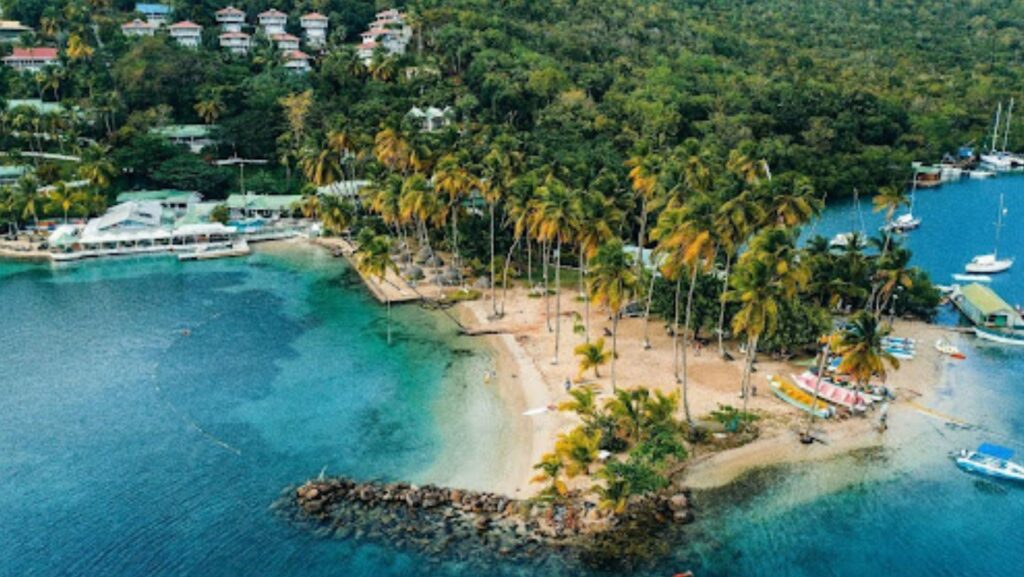Even the majority of those who had previously considered themselves to be climate change sceptics are now forced to admit that modern environmental concerns have become very real. From global warming and rising sea levels to increasingly drastic weather phenomena, it is clear that action needs to be taken. This often comes in the form of sustainable solutions, and the Caribbean is leading the way. What are some steps that these islands have taken to ensure a greener future for us all? Let’s examine a handful of ongoing initiatives.
The Paperless Approach
One lesser-known concern that has drawn a significant amount of attention involves paper waste. While often associated with the business sector, we need to remember that travel documents can also have a very real impact. This is why countries such as Aruba have embraced an innovative solution known as an ED card. ED is an acronym for embarkation/disembarkation. The main purpose of this card is to do away with traditional paperwork by translating vital information in the digital domain.

While this is indeed an environmentally friendly approach, these cards offer additional benefits, such as:
- Extremely accurate record keeping.
- Heightened levels of security.
- Faster processing at immigration checkpoints.
- These cards can be obtained from the comfort of one’s home, and information can be updated when necessary.
It will be interesting to see if other Caribbean nations follow the example set by Aruba.
Solar Power Solutions
The Caribbean has always been famous for its amenable climate. To further reinforce this observation, it is estimated that the entire region enjoys over 3,000 hours of sunshine each year. So, it only stands to reason that nations are taking full advantage of photovoltaic (solar power) technology. Installing panels on homes and businesses provides an alternative means to generate electricity; reducing their overall reliance upon national grids. Furthermore, these very same sources can act as redundant systems when severe storms (such as tropical cyclones) cut off access to mains power.
The Rise of Ecotourism
Although this is a rather new concept, it has already gained a massive amount of attention. Caribbean nations appreciate the fact that visitors are often keen to explore their natural surroundings. This also presents an opportunity to teach tourists about the importance of sustainable practices. They can likewise be provided with up-close-and-personal views of nature sanctuaries, such as the Barrier Reef off the coast of Belize. The theory here is simple. Those who learn to appreciate their impact on the environment will be much more likely to adopt sustainable practices after leaving for home.
When combined with other strategies including targeted recycling programs, land reclamation, and a ban on single-use plastics, it is clear that the Caribbean is on the right track. We can only hope that these policies continue well into the future so that younger generations will not be forced to face dire environmental consequences.



